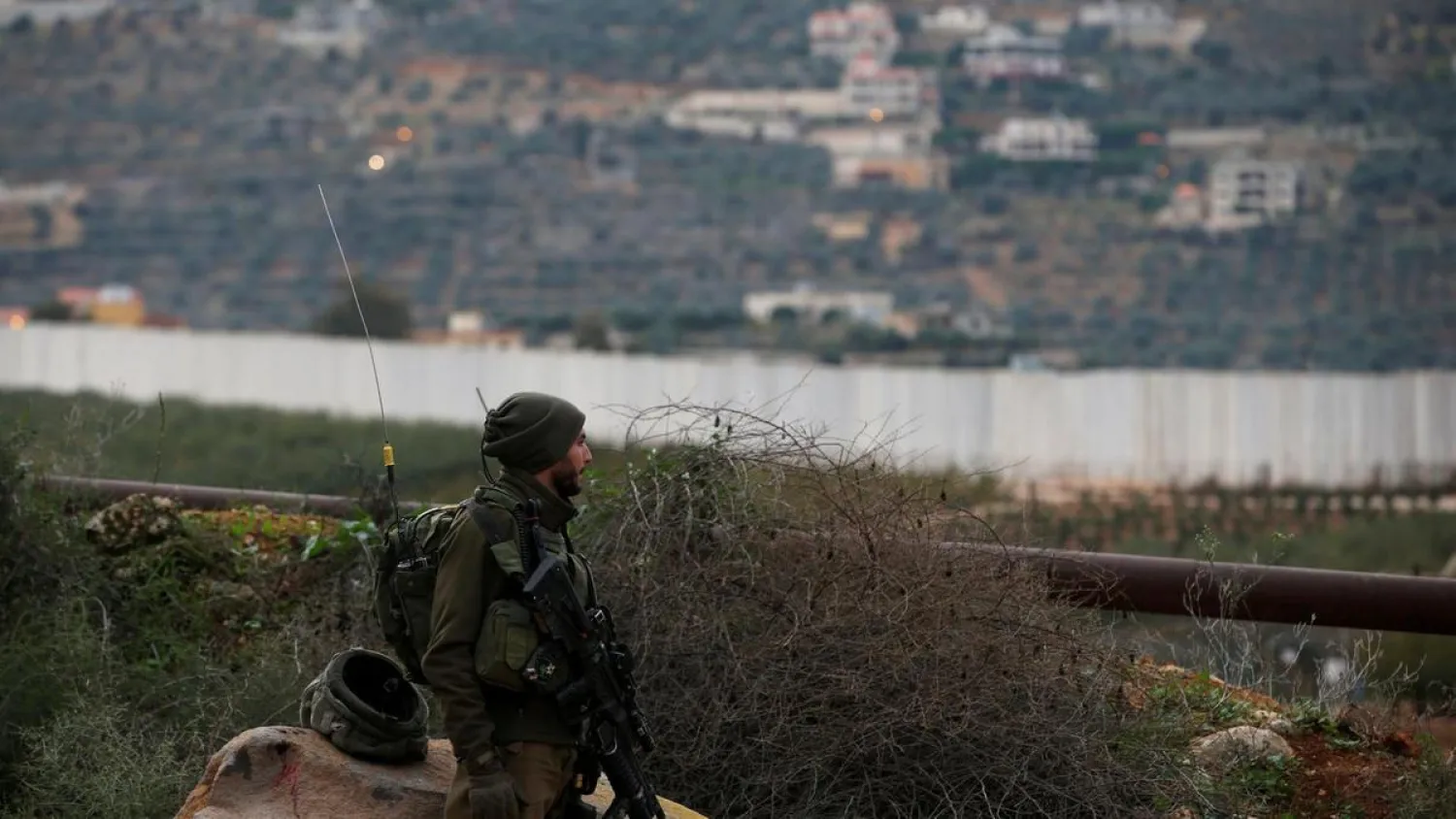Israeli army spokesman Ronen Manelis accused on Sunday Lebanese political and military leaderships of turning a blind eye to Hezbollah’s actions in service of Iran.
Besides their operation to destroy Hezbollah tunnels along the Lebanese-Israeli border, the military is standing on alert to confront any security escalation, he added.
“We have seen 12 years of calm with Lebanon and we are keen on ensuring another 12 or even 20 or 25 years of calm,” he remarked.
“We are also however determined to eliminate the security threat against us. The tunnels are part of an ‘occupation of Galilee’ offensive prepared by Hezbollah,” he revealed.
He added that the party would not be able to carry out such an offensive because it lacks the means.
“At best, it can occupy a village or besiege it,” said Manelis. “We are not, however, underestimating anything and we have prepared ourselves for a severe response to any such attempt.”
The response will target the southern Beirut suburbs of “Dahieh”, a Hezbollah stronghold that was also targeted by Israel during the last war it waged against the party in July 2006.
Other areas will also be within Israel’s range, he warned, holding Lebanese President Michel Aoun, Prime Minister-designate Saad Hariri, Army Commander Joseph Aoun and other leaders responsible for Hezbollah’s actions because they are “being deceived by the party.”
Hezbollah is carrying out the orders of Iranian Revolutionary Guards Corps Quds Force commander Qassem Soleimani, charged Manelis.
He said that Hezbollah has been building tunnels and rocket factories for the past four years. They were even working in the tunnels on Tuesday. Israel has so far exposed two tunnels.
“The Iranians cannot find funds to save the millions of Iranians from the economic crisis and Hezbollah cannot garner enough money to treat its fighters who were wounded in the Syrian war,” stated Manelis.
“They have spent tens or even hundreds of million of dollars to build the tunnels that are a primary weapon to attack Israel,” he continued. “We caught them off guard, however, by revealing them.”
Furthermore, he warned the residents of southern Lebanon that Israel will strike with all its force against threats it finds there.
“Soleimani is living comfortably in Tehran and (Hezbollah chief Hassan) Nasrallah is in Beirut. They are holding Lebanon and the Lebanese hostage, while the Lebanese leadership is turning a blind eye,” Manelis added.
Moreover, he accused some Lebanese military personnel of cooperating with Hezbollah, making them collaborators in their operations.
“Everyone will be held accountable for any deterioration in security,” he warned.









